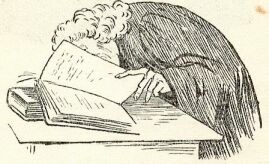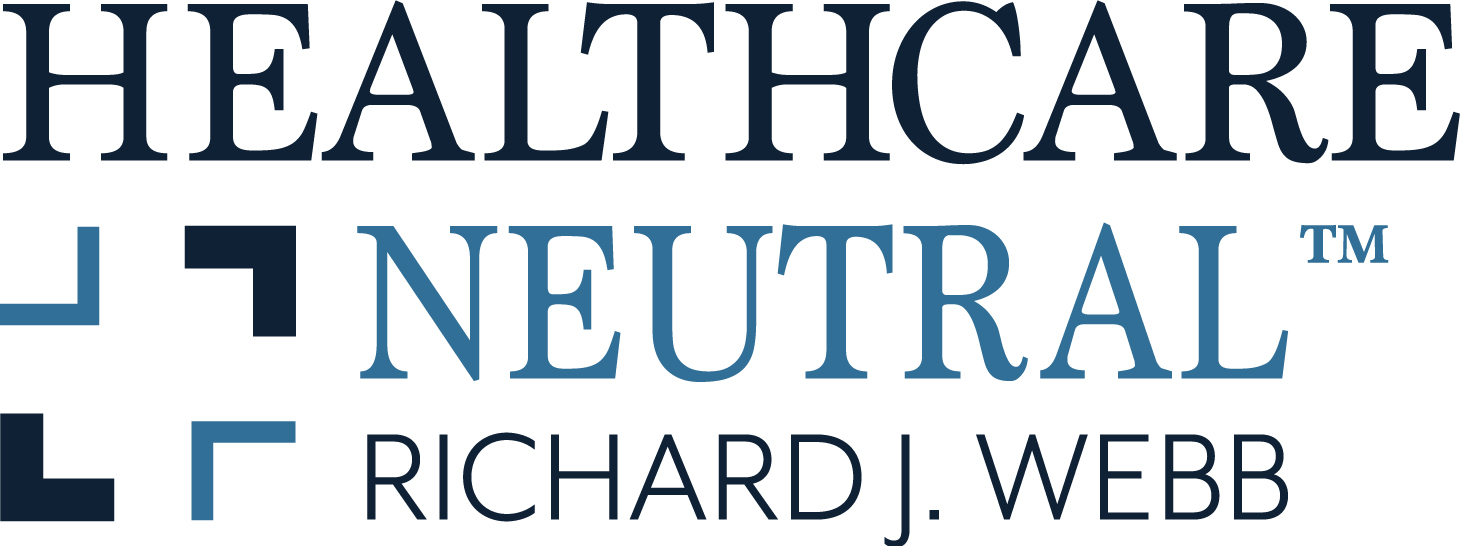
Why ADR Works In Healthcare, Reason #3
October 28, 2007
Completing the thought addressed in the two previous posts, there is a third reason why ADR works well in resolving healthcare industry disputes.
[Image: “Smeden og bageren”. Illustration by Theodor Kittelsen for Johan Herman Wessel\’s poem]
Reason #3.
Parties to a healthcare dispute can especially benefit from ADR because the unique and complex subject matter of their conflict can be readily accommodated. By selecting an ADR process and a neutral best suited to the conflict at hand, the parties move immediately into an efficient and productive mode of dispute resolution. Resorting to traditional courtroom litigation often requires that a judge be educated on the parties’ business model, the world of healthcare finance and reimbursement, and a variety of legal constraints unique to the healthcare field. Experience indicates that this is a difficult, time consuming and expensive process. Although most judges are highly intelligent and capable, there is only so much time that can be devoted to each case. Moreover, most judges sit in courts that handle cases of all varieties, in which healthcare cases are a relatively infrequent occurrence.
By selecting an ADR neutral with substantive knowledge of the healthcare business and healthcare law, the parties achieve not only efficiency, but a much greater likelihood that they will obtain a result that is fair and mindful of both parties’ real interests. Although the precise role of the neutral varies within the ADR process selected, the neutral can often help the parties and counsel better identify their interests and how they might mesh with those of the other party. Where common ground is difficult to find, the neutral can help each party better understand all consequences of the proposals on the table, as well as those of “walking away”. Sometimes, the neutral’s best value comes from affirming something a party has already heard from counsel, but better accepts with the neutral’s concurrence. The credibility of the neutral as someone who truly understands the conflict just as well as the parties and their counsel is critical to achieving this result.
Many examples of this advantage of ADR in healthcare can be imagined, but one may illustrate the point. A hospital that has “exclusive” contracts with two medical groups to provide two different kinds of medical services at the hospital is faced with a dispute between the groups over which of them has the right to perform a new procedure, a dispute which quickly becomes a three way conflict involving the hospital. Such “turf battles” are not unusual. Aside from reviewing whatever the parties’ existing contracts say on the subject, the resolution of this conflict may require consideration of expert input on the impact of the outcome on patient care; the application of the hospital’s medical staff bylaws; provisions of existing managed care agreements; Medicare reimbursement rules concerning permissible billing by the respective groups; state law and regulations governing hospital licensing and permitted scope of medical practice; and the resolution of other previous (or potential) “turf battles” at the same hospital. Although the use of ADR in this case may not make all parties wildly happy, the neutral’s appropriate and timely attention to all of these factors will vastly improve the quality and fairness of the outcome.
